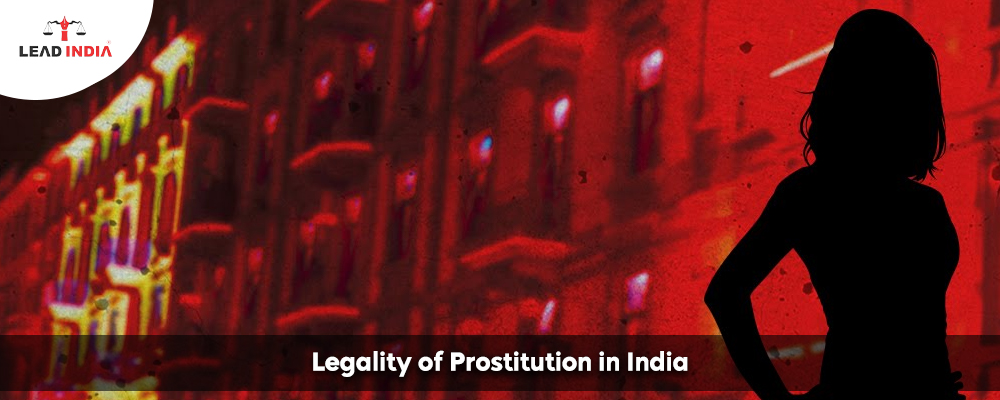One of the fundamental freedoms granted to every Indian citizen is the right to pursue a profession. This right is stated in Article 19(1)(g) of the Indian Constitution, which states that every Indian is free to choose and engage in any type of employment, trade, or business wherever in India, provided that it does not conflict with the laws of the land or the general public. In order to protect the interests of the public when conducting work, commerce, or business, our Parliament has placed reasonable limits under Article 19 (6).
Prostitution in India: An overview
- In India, prostitution has long been a common occupation. In reality, there are references to prostitutes in a number of Hindu mythological tales known as apsaras.
- Before the arrival of the British, Hindus used the devdasi system, in which they would give away their female child to the gods as a symbol of their devotion.
- Literally translated, “devdasi” means “devoted to the god,” signifying that they were wed to the god and exempt from having to wed human beings.
- These were sexually liberated ladies who were talented in music and classical dance, among other artistic mediums. But colonization also brought with it an oppressive and exploitative structure.
- The British began to impose their own social constraints on these women, transforming the concepts of femininity, sexual liberation, art, and culture into concepts of devotion, bhakti, etc.
- Additionally, as colonialism and feudalism declined, these women began to be mistreated by temple priests. As a result, they are more vulnerable to sexual exploitation and poverty. This is one of the oldest kinds of prostitution that can be found in India.
Need A Legal Advice
The internet is not a lawyer and neither are you. Talk to a real lawyer about your legal issue

Why Prostitution Should be Legalized?
- Legalizing prostitution will shield young people from being exploited for sex crimes. Globally, there are an estimated 10 million minors who are forced into prostitution.
- Nearly every country faces the terrible reality of child prostitution, but things are particularly bad in South America and Asia. Tight industry restrictions can guarantee that minors are not allowed to use the system.
- Regular health examinations for sex workers can guarantee that STDs, particularly AIDS, which is incredibly prevalent among them, are reduced. Sufficient contraception will guarantee unintended pregnancies and reduce other health risks.
- Stricter regulations and routine health examinations will guarantee cleaner and more hygienic working environments. Condom distribution should be made mandatory for the sake of both clients and sex workers.
- Legalization of prostitution will bring the framework up to date and enhance. The system will be cleared of intermediaries and pimps, sex workers will get higher wages, and the role of criminal and exploitative elements will be minimalized.
Legality of Prostitution in India
- The Immoral Trafficking Act (1956), Section 2(f), defines “prostitution” as the sexual exploitation or mistreatment of any individual for any commercial reason.
- The Indian Penal Code 1860 also addresses prostitution; however, it is limited to child prostitution only under section 372 and 373 and section 98, 99 of BNS.
- Sections 366A, 366B, and 370A of the Indian Penal Code and section 96,141, and 144 of BNS. address the punishment of procreating with a child, importing a female for sex, and exploiting a trafficked person, respectively. Therefore, there are very few laws under the IPC and now under BNS. about prostitution.
In India, a country with diverse socio economic elements, prostitution is generally viewed negatively due to its nature. Prostitutes create their own unique subculture within which they reside. Our society still holds prostitution in low regard, despite the fact that it has long been legal in our country. In addition to better working conditions and rights and obligations, the prostitutes would gain access to better healthcare and facilities. The state would benefit from it since it would bring in money and give it more authority over these kinds of operations. It also gives the state the power to control these activities and the authority to regulate them.
One can talk to a lawyer from Lead India for any kind of legal support. In India, free legal advice online can be obtained at Lead India. Along with receiving free legal advice online, one can also ask questions to the experts online free through Lead India.





 Talk to a Lawyer
Talk to a Lawyer